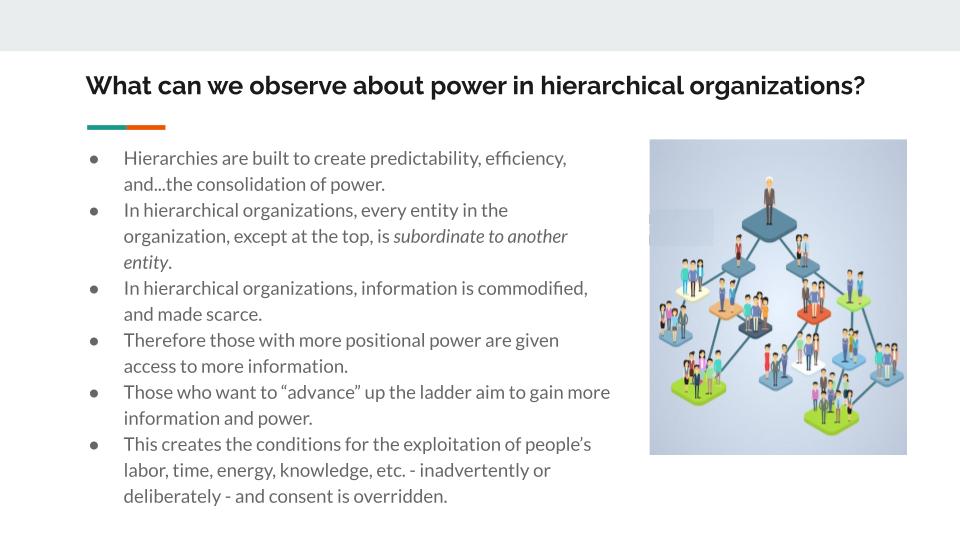“No is a complete sentence,” my friend shared on a text thread among my childhood friends recently.
It was an important affirmation in a week where I felt like my “No”s were abundant.
No to a new hire in a potential client organization who wanted to jump over the CEO and get things moving right away. No to a friend who asked me again for a favor in which I felt they were abandoning their responsibility. No to the mechanic who was backed up and asked if I could leave my car overnight. No to a coaching client who is angry and tired of a demanding team they supervise and now just wants to forget them. No to a friend who wanted to shame a local nonprofit for aligning to business interests when that is their only stated objective. No to a co-working space who slapped a piece of paper that read “Lactation Room” on a public toilet stall.
I guess I’m getting good at boundaries. In some of these instances – all moments in which I had to consciously make a choice about how I would show up – I may have found some pleasure in it, delight even. I had thoughts of, “Oh this person is going to get some more information” or “Oh, you are going to be redirected now.” I also had thoughts of, “Jennifer, that’s not your burden to bear. You don’t have to take that on.”

That doesn’t mean I always get it right, but I’m trying to be more discerning about how I respond to requests and how/when I take responsibility.
I also listened last week to an interesting podcast about narcissistic leadership in workplaces. One of the things I learned from this conversation was the ways in which toxic leaders avoid responsibility. They rely on people with high empathy to make up for their deficits and to blame for their failures. A missing humility and lack of genuine reflection in the toxic leader cannot result in changed behavior. (And when you get into covert narcissism, it’s even trickier.)
Enter the nonprofit sector. Enter organizations rooted in “best intentions.” The conditions for toxic leadership are ripe! (See explanation in the slide below.)

That is why we are constantly invited to get good at boundaries. Within teams and organizations where consent is an afterthought (if we’re lucky), “No” has to be a complete sentence – for my sanity and for our survival. The burnout factor in our sector these days is very real and very harmful.
Rebalancing and reckoning with a sector rooted in settler/colonial capitalism requires new boundaries, new forms and standards of leadership, new ways to share power and share responsibility – for ourselves and each other.
Where are you getting good at saying “No more!”?
***
Related Posts
4 ways toxic workplaces are harming the nonprofit sector


Boundaries are vitally needed in global development. I come from an alcoholic, dysfunctional family and it’s astonishing how many folks in our aid field do as well, so what you call empathetic, I’ve seen as co-dependent… YES to boundaries!